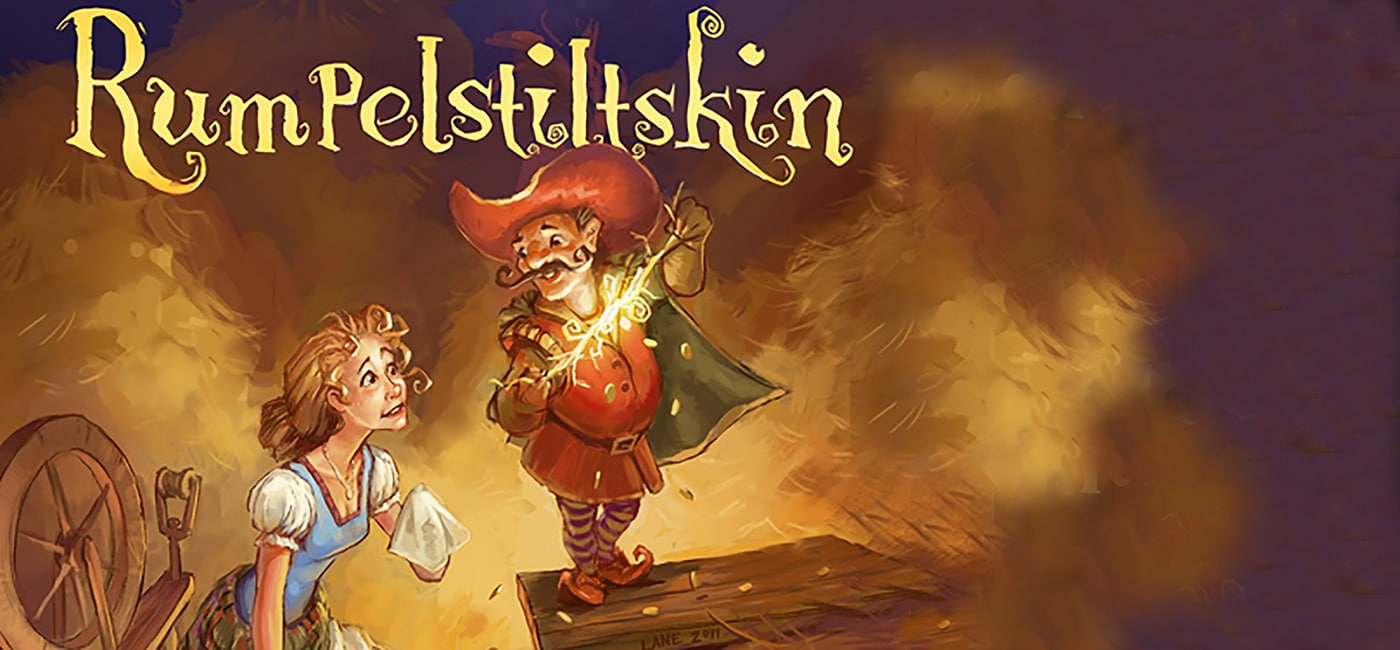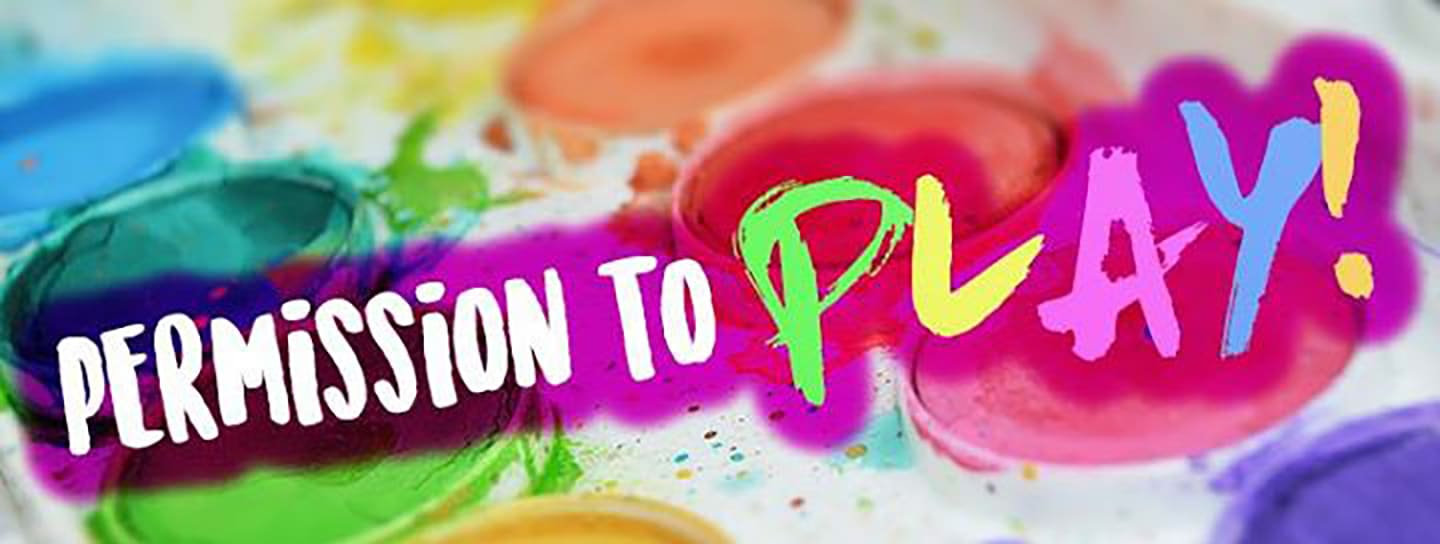Podcast: Play in new window | Download
Subscribe: Apple Podcasts | Google Podcasts | Spotify | Email | RSS | More
Below is a list of resources and opportunities to Rally for Healthy Moms during the month of May.
World Maternal Mental Health Awareness Day May 1, 2019
Please sign the petition calling on the World Health Assembly and the UN World Health Organization to officially recognize World Maternal Mental Health Day (WMMH Day), to be commemorated annually on the first Wednesday of May. The next day will be Wednesday, May 1, 2019.
Maternal mental health advocates, researchers, academics, clinicians, and people with lived experiences are committed to improving the mental health support for women during and after pregnancy throughout the world.
https://www.change.org/p/world-maternal-mental-health-day
The Emily Effect
Founded in February 2016, theemilyeffect.org is dedicated to support and provide resources for women and families during and after childbirth. After her death from complications of Postpartum Depression/Anxiety, Emily Cook Dyches’ family and friends started TheEmilyEffect as a way to expand the conversation about and end the stigma surrounding Perinatal Mood Disorders. The Letters of Light section is a library of real women’s stories about journeying through Postpartum Illness. Women also share their stories through Videos of Light on TheEmilyEffect YouTube Channel.
On today’s podcast episode, I share my story about the twists and turns of life that led me to volunteering with TheEmilyEffect.
You can read my own Letter of Light here: https://theemilyeffect.org/project/maleah/
Or watch my Video of Light here: [not yet published]
Climb Out of Darkness
These hikes are the world’s largest fundraising events to support the mental health of new families. Organized through Postpartum Support International (PSI), these local hikes bring women and families together to symbolically climb out of the darkness.
For more info on joining or organizing a hike in your area, visit: https://www.postpartum.net/join-us/climbout/
The Utah Valley Climb Out of Darkness Event will be Saturday, May 11th at 9:30 a.m. at the Battle Creek Falls Trail in Pleasant Grove Utah. The hike is one hour round-trip with a fair amount of incline leading to a beautiful waterfall. The short hike is kid-friendly. Bring your spouse, children, parents, best friend, or a new mom you want to support.
For details or to donate click here .
Be Your Own Best Advocate
It is up to us as mothers to promote change in postpartum diagnosis and care. No one will solve the problem for us. Speak up. Use your voice. Be clear to doctors and health care providers about what you are experiencing. Demand satisfactory answers. Question diagnoses and treatments that don’t feel right. Ask clinicians to look beyond the “mood disorder” to find, explain, and treat the physical malfunction that is causing the emotional symptoms.
Ways to Speak Up and Get Involved:
Share Your Story:
https://wmmhday.postpartum.net/blog/










